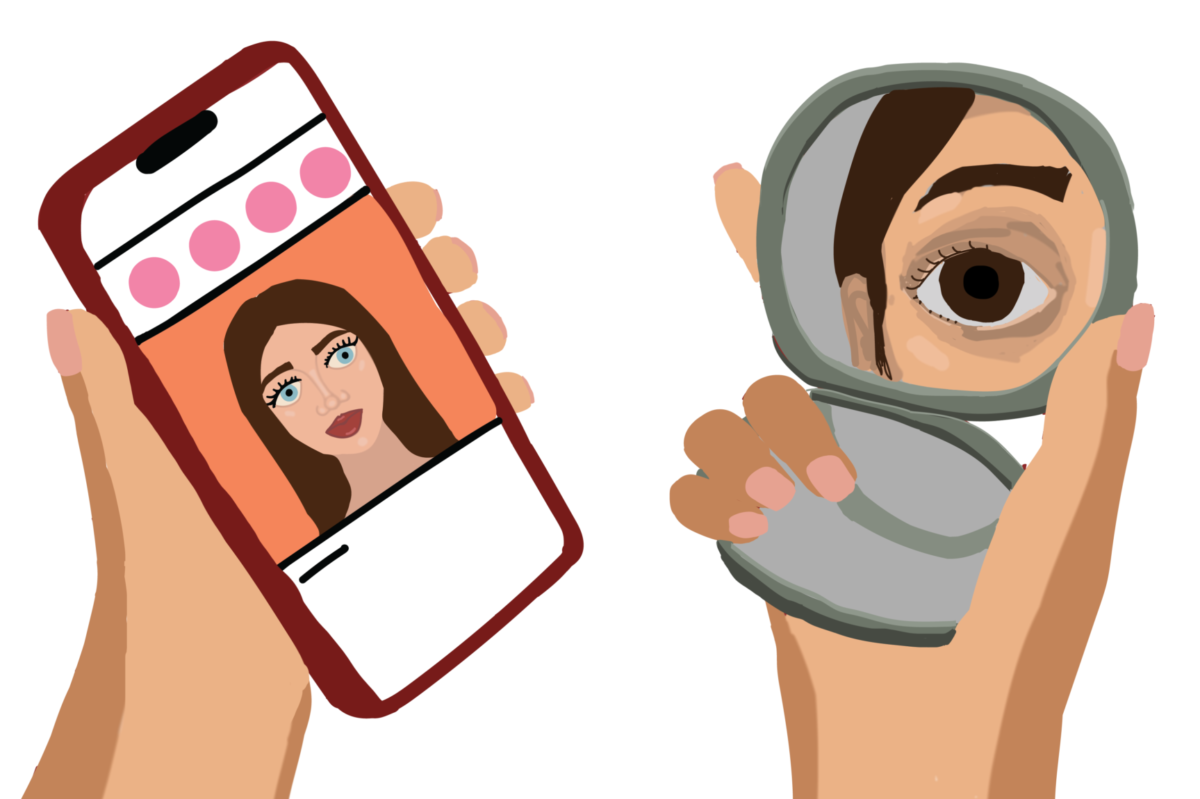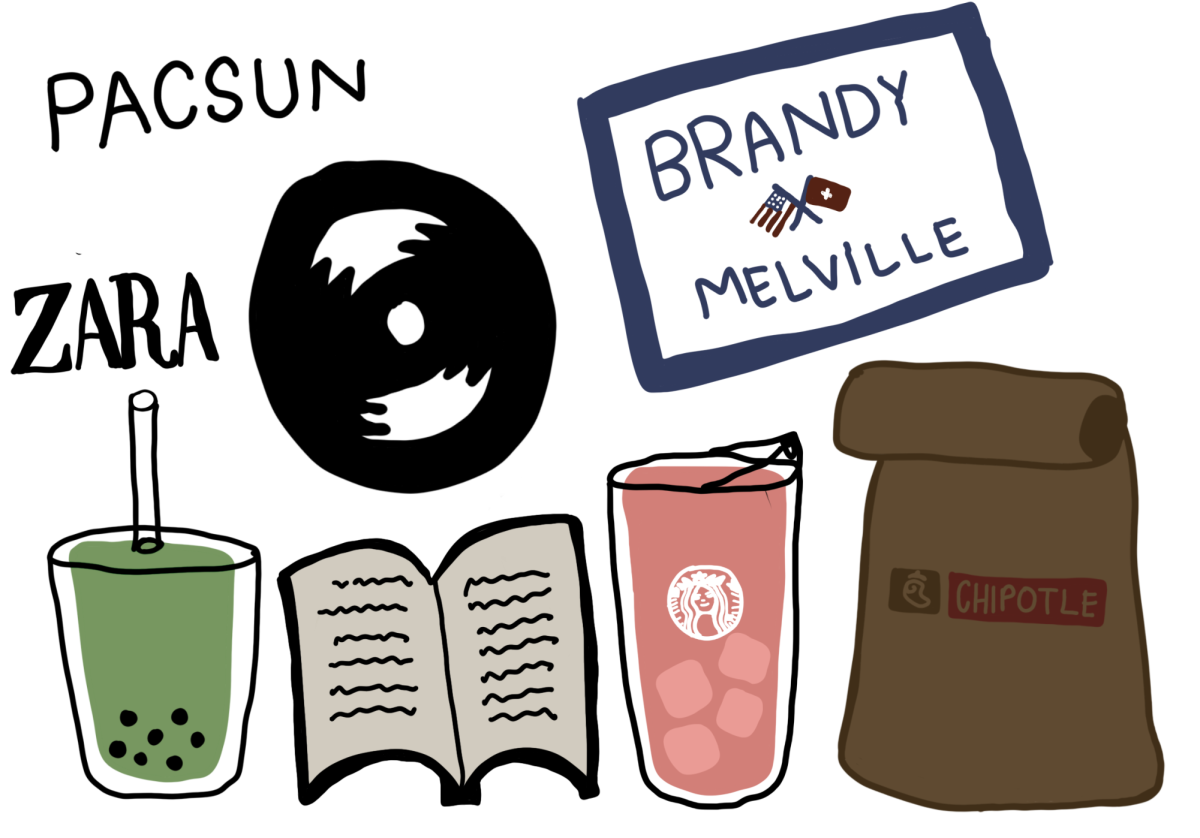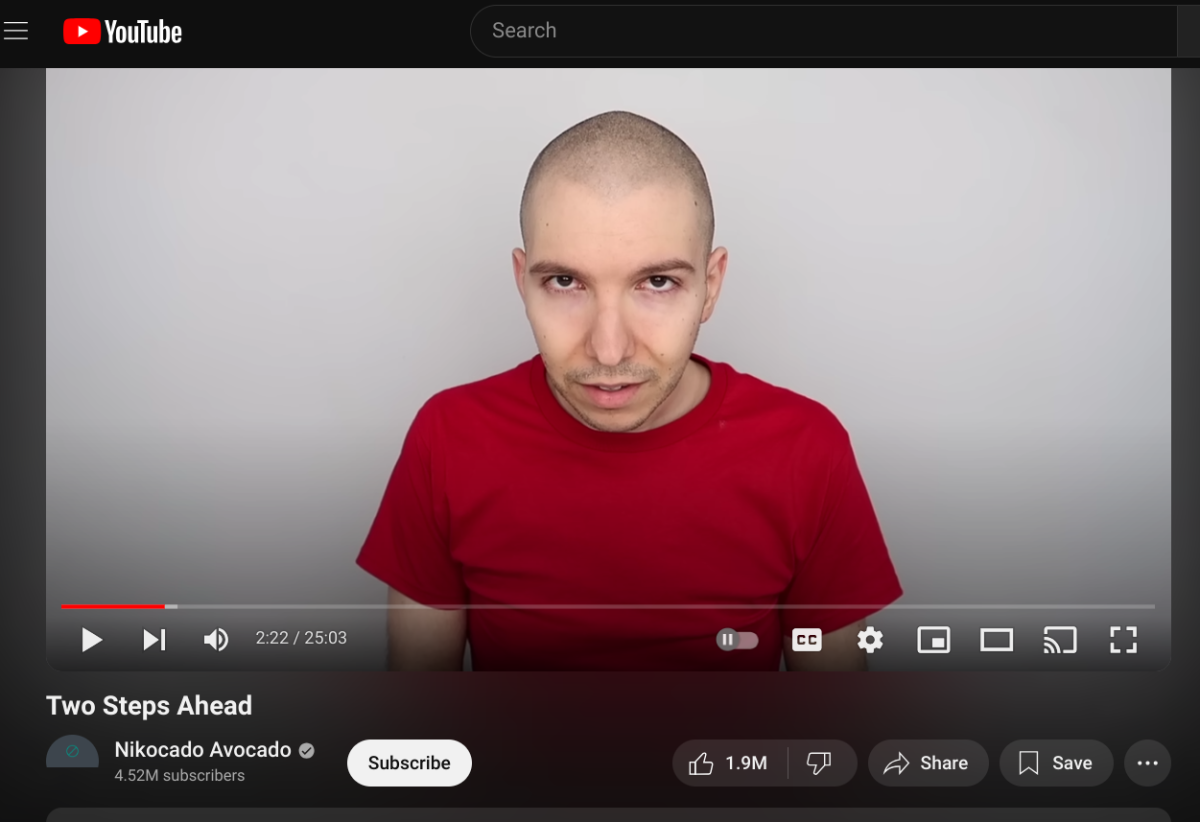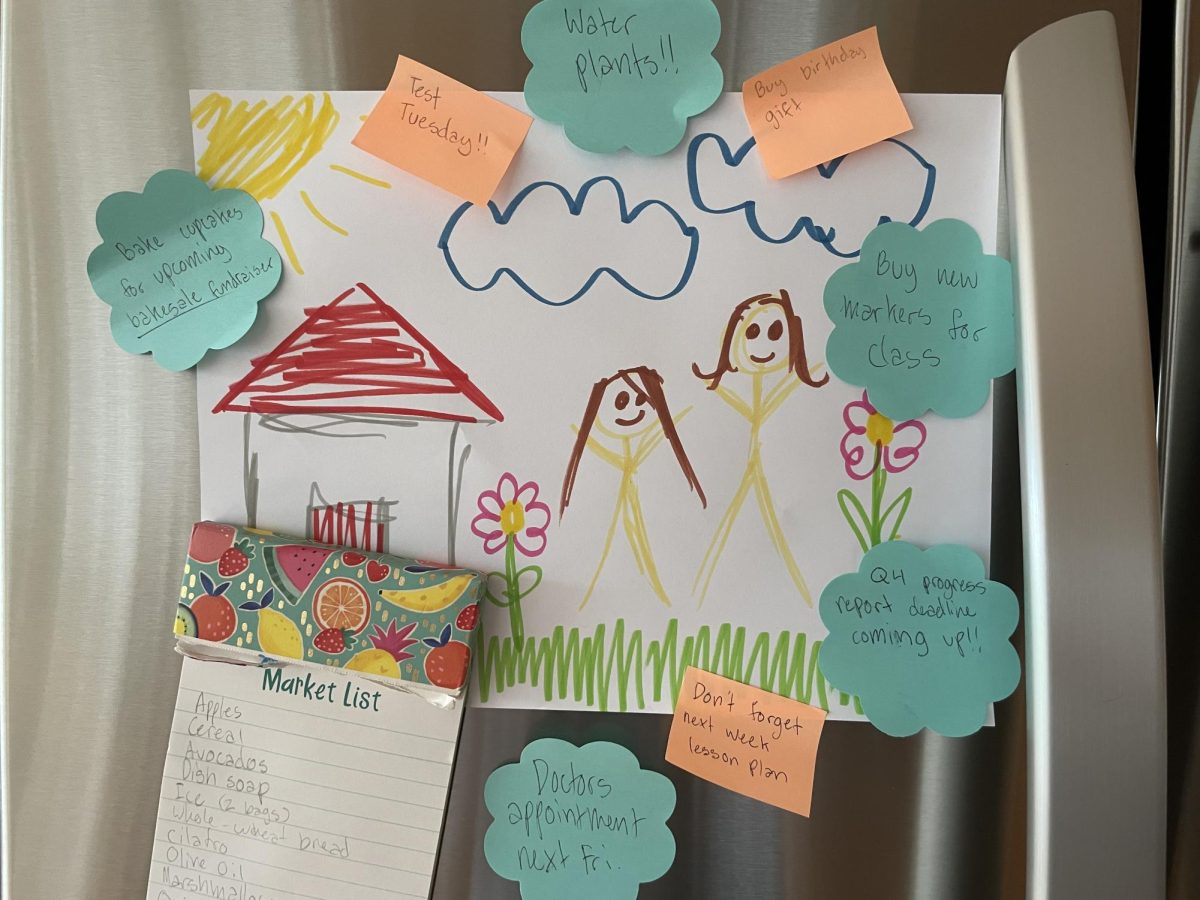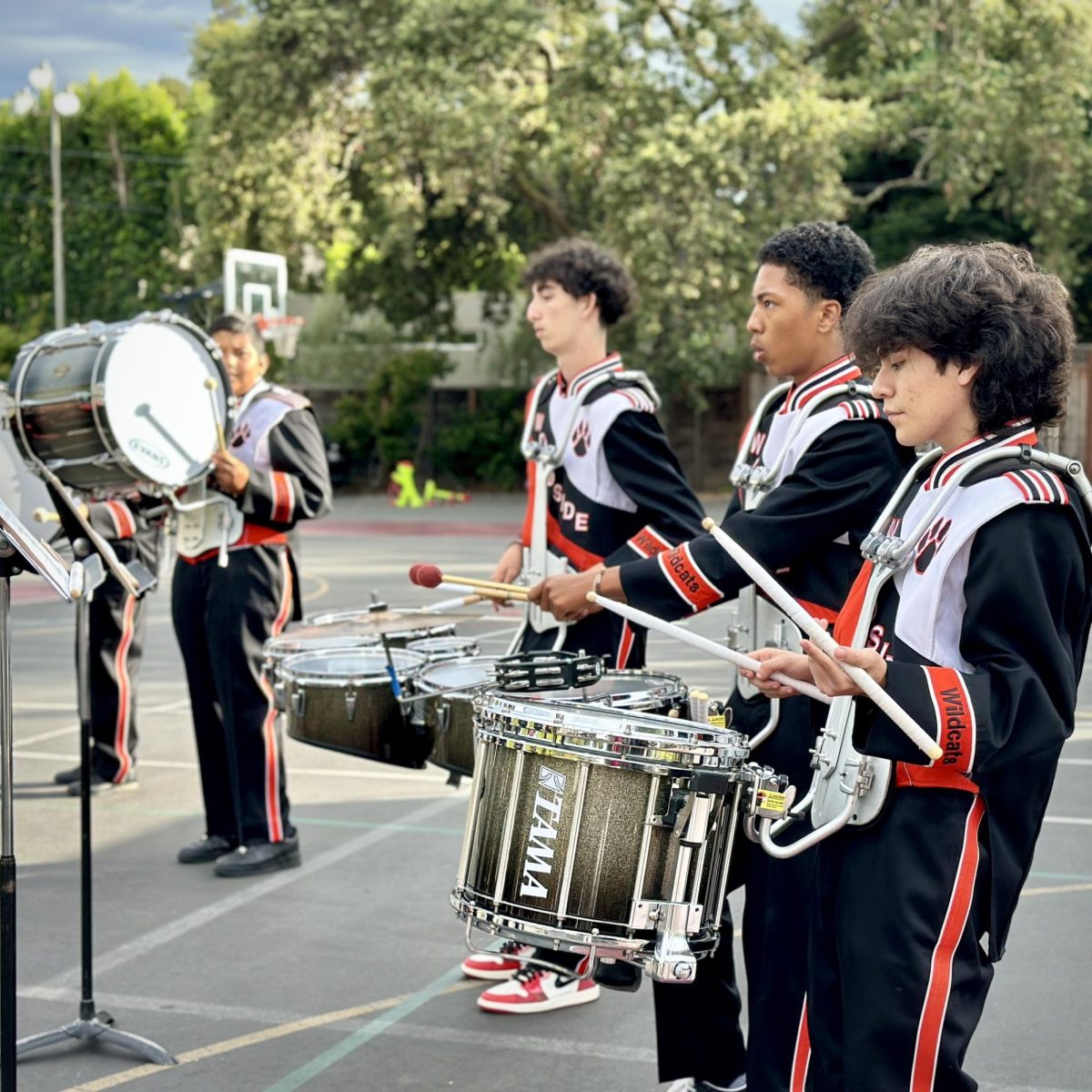Teenagers often find themselves looking at posed and edited photos. Often this behavior leads to toxic self-comparison.
As the widespread use of social media remains the norm, students reflect on impacts and solutions to the growing exposure to edited photos.
A survey of majority females, averaging 27.6 years old, who were active social media users, found that posts on social media often reflect an inaccurate picture of what a person looks like in real life. With many teenagers actively posting and viewing on social media platforms like Instagram, TikTok, and Snapchat, the abundance of edited content poses potential to show up on a user’s feed. Researchers currently suggest that self-comparison with others on social media can have detrimental effects on the mental health of a developing adolescent. With such risks having to do with self-comparison, non-disclosed, heavily edited photos may put forward a cause for concern.
Senior Izzy Armsby advocates against restrictive eating through her presidency at Woodside’s Yum Club. The club meets to share food with one another and advocate for an unproblematic relationship with food. Concerns grow about inaccurately portrayed bodies on social media contributing to an increase in young women’s eating disorders,
“It kind of sucks because you see these unnatural or unrealistic body types on social media sometimes,” Armsby said. “It kind of makes you feel bad about your habits or what you look like, which is really toxic and it’s unfair to a lot of young girls.”
In a conversation with juniors Carolynn Maldonado and Olivia Seto, they echoed a similar concern for the well-being of young people viewing edited content.
“It makes people feel bad about themselves because if you don’t disclose [editing], people think that’s how that’s how other people look,” Maldonado explained. “They are going to compare themselves and feel bad about themselves because they don’t look like that.”
An article by Phillip Ozimek and others published on April 6th, 2023, and published by BMC Psychology stated that “with respect to height, weight, and age, 81% of [social media] profiles were not accurate because underreporting (especially with respect to weight) and overreporting (especially with respect to height) occurred.” This common inaccuracy in physical looks, as reflected on social media accounts, can occur in all profiles.
“I saw this one girl, Julia Ernst, on Tiktok,” Armsby said. “She was like Livvy Dunne. They were exposed on TikTok recently for photo editing, even though they’re already so beautiful. They do not need to at all.”
Julia Ernst, who has almost a million followers on Tiktok, and Olivia (Livvy) Dunne, who has almost eight million followers on Tiktok, both reach a wide audience of people, some of whom will likely compare their own looks to those of the previously mentioned women. Others argue a potentially sexist discrepancy in those called out for photo editing.
“Mostly women like women influencers [are exposed],” Maldonado said. “It’s always about women when it comes to photos. What about the men?”
Maldonado points out a valid argument in the conversation of consequences for editing photos without disclosure. No one interviewed for this piece argued that people should be reprimanded for editing photos. However, taking accountability became a major topic.
“I think [people] should admit to it and realize how it affects other people around them,” Armsby said. “I think they should kind of admit to it and say ‘yeah, I did this. I am sorry. I did not realize how this would affect people and I won’t do it in the future.’”
Throughout their discussion, Seto and Maldonado revisited some of the solutions to the impacts of non-disclosed edited photos. Their proposed solution focuses on the consumer of the content, rather than the producer.
“Beauty standards mostly just affect women,” Maldonado said. “Even if they don’t disclose it, is it really someone else’s place to say they can not?”
Seto and Maldonado seemed to agree that consumers need to take control over the content they engage with.
“There are harmful things on the internet,” Seto said. “But if so many things are affecting you it’s your responsibility to make that choice to get off.”
Armsby, who commented separately from Seto and Maldonado, focused her opinions on photo-editing with the creators of the content.
“Just adding a little filter or just touching up the lighting is totally fine,” Armsby said. “When you narrow your ribs or something like that, it can be harmful to other people who think this is realistic to obtain.”
While students took different approaches to this issue, they agreed on the importance of wanting people to accept themselves and lessen their self-comparison to others.
“Figure out why you’re feeling insecure about it,” Seto said. “Is it something about you, something about other people, something you want? Fix the root.”


